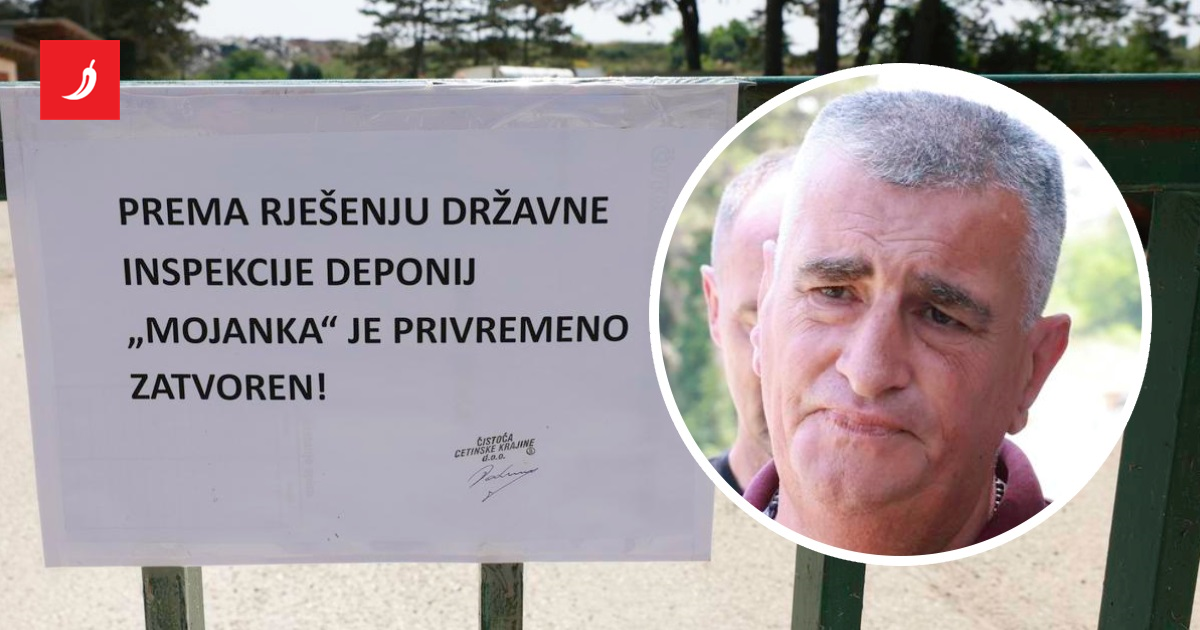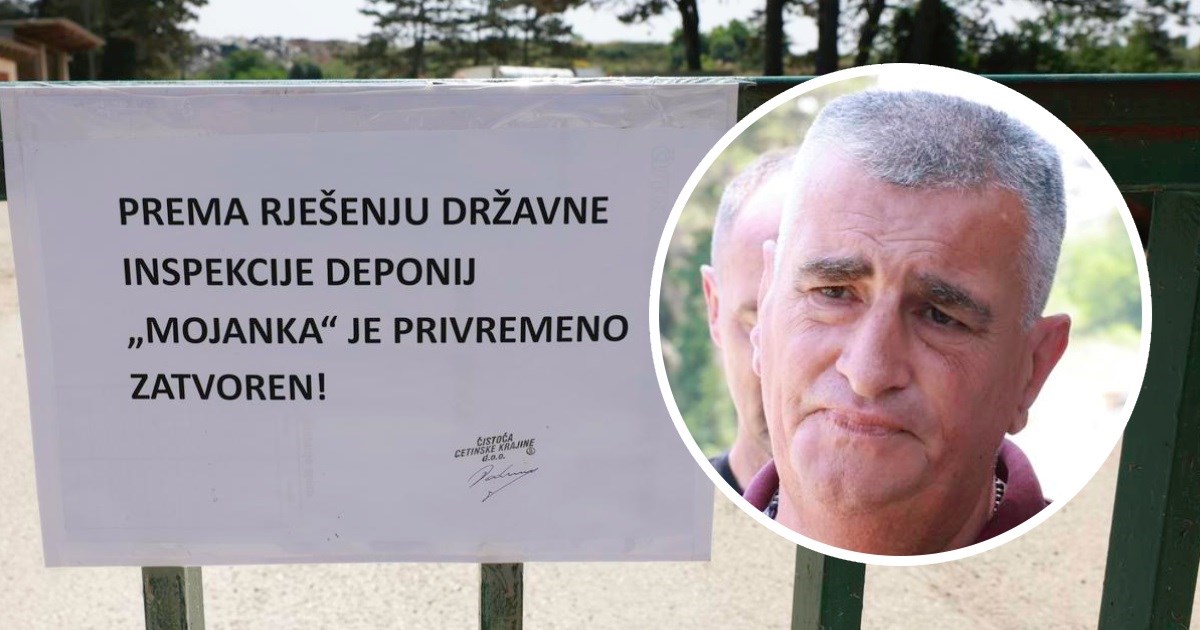The State Inspectorate has dismissed accusations by Sinj Mayor Miro Bulj that the temporary closure of the Mojanka landfill was due to political pressure. Chief State Inspector Andrija Mikulić described Bulj’s statements as irresponsible and a malicious attempt to justify his own failures. The Environmental Protection Inspection found that the landfill was operating contrary to waste management laws and issued a decision to prohibit its operation. Bulj accused Mikulić of political pressure and announced he would take action if the appeal against the closure is not accepted. The director of Čistoća Cetinska Krajina, Kristina Šandrić, considers the closure decision unacceptable, stating that the inspection on May 27 found no irregularities and that the landfill has sufficient capacity for waste from the Cetinska Krajina region. The process of obtaining an operating permit is ongoing.
Political Perspectives:
Left: Left-leaning outlets tend to emphasize the environmental and legal aspects of the closure, highlighting the importance of compliance with waste management laws and the role of the State Inspectorate in protecting public health and the environment. They may be critical of political interference and stress the need for transparency and accountability from local officials like Mayor Bulj.
Center: Centrist sources report the facts of the closure and the political accusations with a balanced tone, presenting statements from both the State Inspectorate and Mayor Bulj. They focus on the procedural aspects, such as the ongoing permit process and the inspection findings, without taking a strong stance on the political conflict.
Right: Right-leaning media often highlight Mayor Bulj’s accusations of political pressure and frame the closure as potentially motivated by political interests, especially given the timing near elections. They may portray the State Inspectorate’s actions as bureaucratic overreach and emphasize the economic and community impact of the landfill’s closure.







































